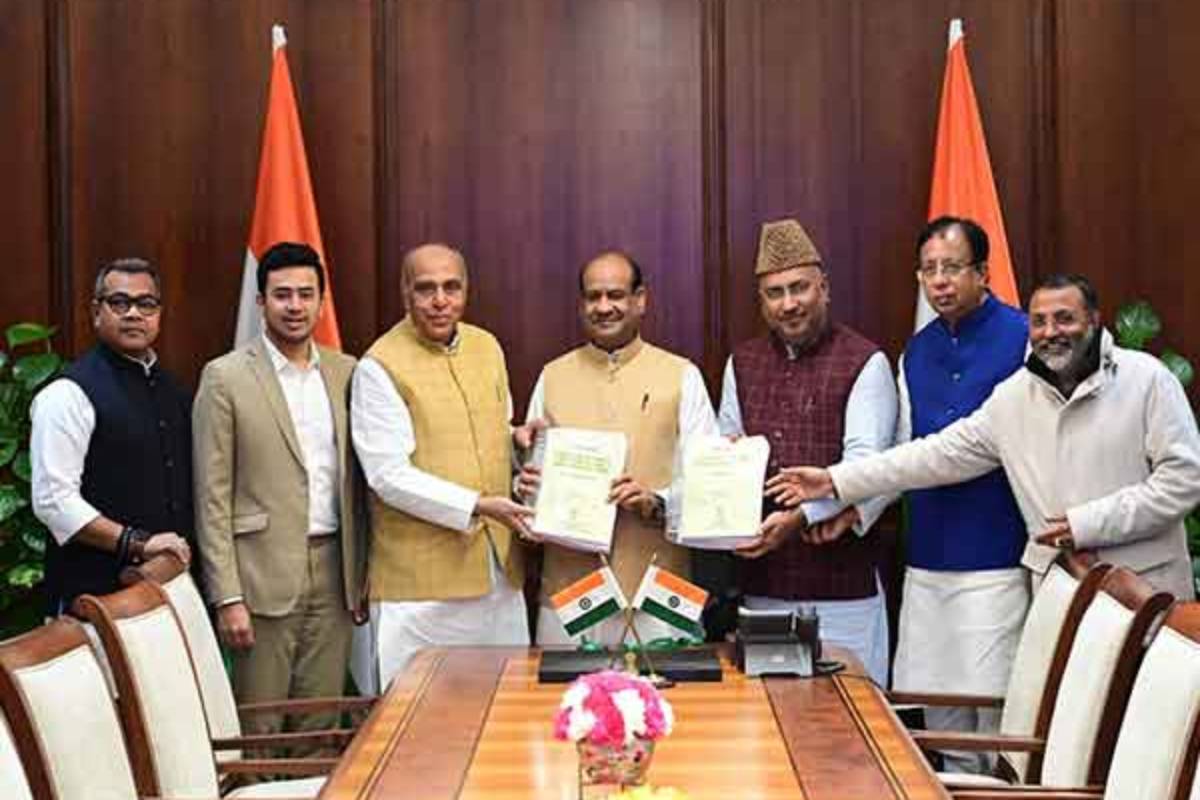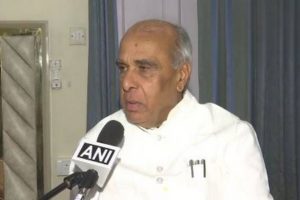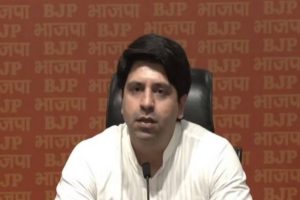The Joint Parliamentary Committee (JPC) on the Waqf (Amendment) Bill, 2024 has officially submitted its final report to Lok Sabha Speaker Om Birla. The submission took place following a meeting with committee members, including JPC Chairman Jagdambika Pal, BJP MPs Nishikant Dubey, Tejashwi Surya, and Sanjay Jaiswal. Notably, no opposition members were present during the submission.
JPC Chairman Jagdambika Pal praised the contributions of committee members, stating that the bill had been carefully crafted over five months of extensive deliberations. “We conducted 38 meetings, met with 250 delegations, and engaged with experts, including former judges and vice-chancellors,” Pal told ANI. He emphasized that the bill is designed to benefit the poor and improve the management of Waqf properties in the country.
Addressing the absence of opposition MPs, Pal explained that while opposition members were unable to attend the submission, they had actively participated in key meetings and votes during the committee’s work. “All members of the JPC have made significant contributions to the formation of the bill,” he added.
BJP MP Nishikant Dubey lauded the committee’s efforts, asserting that no other committee in the history of Parliament had conducted as much work as the JPC on this bill. “We received over 1.5 crore representations and held 38 meetings,” he said, adding that the bill represents a major step forward for the rights of poor Muslim families in India.
Tejashwi Surya, another BJP MP on the committee, highlighted the bill’s potential to bring transparency, accountability, and professionalism to the management of Waqf properties. He explained that the bill addresses issues such as mismanagement and encroachments of Waqf properties by individuals in charge of these assets. “The amendments will restore integrity and professionalism to the Waqf management process,” Surya stated.
On Wednesday, the JPC adopted the draft report and the revised Waqf (Amendment) Bill. However, opposition members submitted dissent notes on the report, indicating differing views on the proposed changes. The bill, which seeks to reform the Waqf Act of 1995, will likely be presented during the upcoming Budget Session of Parliament, which begins on January 31 and ends on April 4. The Union Budget is set to be presented on February 1.
The Waqf Act of 1995, which regulates Waqf properties in India, has faced criticism for issues like corruption, mismanagement, and encroachments. The Waqf (Amendment) Bill, 2024 aims to address these challenges by introducing reforms such as digitization of records, enhanced audits, improved transparency, and legal provisions to reclaim illegally occupied Waqf properties.





